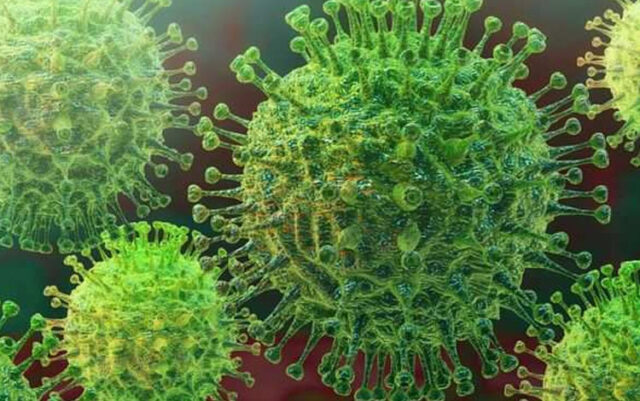
Africa4U has carried an editorial on the likely surge of Covid-19 in Africa a couple of fortnights ago, wherein we have warned about the new variants of virus mutating in various parts of the world and how the threat was looming large over the continent. Now, from policy makers to health experts are suggesting the possibility of a third wave, going by the surge in the number of infections, which have hit record high in several countries.
According to the WHO, the pandemic is spreading at a faster rate in 14 countries. Last week alone, eight countries had witnessed an abrupt rise of over 30% in cases. However, vaccine shipments to African nations have ground to a near halt. Only 50million doses have been received in Africa, of which 31 million doses have been administered in 50 countries which have a combined population of more than 1. 3 billion. By any standard, that is too low in a country characterized by incidences of epidemics reported at every interval of time.
Africa’ dependence on the UN-backed Covax vaccine-sharing facility that many African countries hoped would ensure equitable access worldwide has failed to provide more than a tiny fraction of the shots needed. Two reasons have been attributed to that. One, the rich nations bought up all available supplies and , two, Indian producers of the favored AstraZeneca vaccine service can now only meet the local demand because of the surge in cases there.
Our flagging the possible worst case scenario is to sensitize the stakeholders about the gravity if the third wave and to rally
governments, institutions and people to take steps to ward off such situations. Caution is the byword to avoid possible catastrophes that can cost men and materials. That should be the approach when the world has yet to understand the origin, severity and after effects of the killer virus, that also disrupted the economies including production and distribution networks.
Despite the grim situations on the ground, the process of vaccine acquisition has not progressed to the desired level. For instance,
Burkina Faso, which has 20 million people, received just 115,000 doses from the Covax Facility this week. Rwanda and Togo each received about 100,000 Pfizer vaccine doses. Hundreds of people are being turned away from vaccination centres as their supplies are fast drying out.
Experts say, South Africa has already entered the third wave. Uganda is not far behind. It reported record levels of infections. Most of the countries that are witnessing surges in cases, the positivity rate is way above the WHO’s recommended 5% threshold. Namibia, at the moment, has a positive case of 27%, way above that threshold. There is every possibility that the cases are under-reported in these countries.
Why Africa cannot afford a third wave? With less than 1% of the continent fully vaccinated, compared to much higher rates in almost every other part of the world, It is. Indeed, a nightmare to imagine the continent is in the grip of the pandemic. Most of the countries in the continent-55 in total- lack basic healthcare infrastructure. In a country like India, where healthcare infrastructure is far better than that of Africa, the recent spurt in cases had a debilitating impact on the country.
Now, there is increasing commitment from countries like the US, China, Russia and the EU to supply vaccines to Africa. But most countries in Africa do not have the supply chains to store the vaccines, particularly the Pfizer vaccine which has to be stored in ultra low temperature . That’s really a concern as the vaccines start to flow more and more into the continent.
Admittedly, there is no copy book solution to ward off the spread of the infections. Continent should evolve a solution matrix specific to its requirements and sensitive to its environment. While depending on outside support for addressing the pandemic related issues, Africa should develop its own capabilities whether it is for tracing, testing, vaccinating and, importantly, for creating production facilities and supply chains. That is, indeed, an arduous call.










